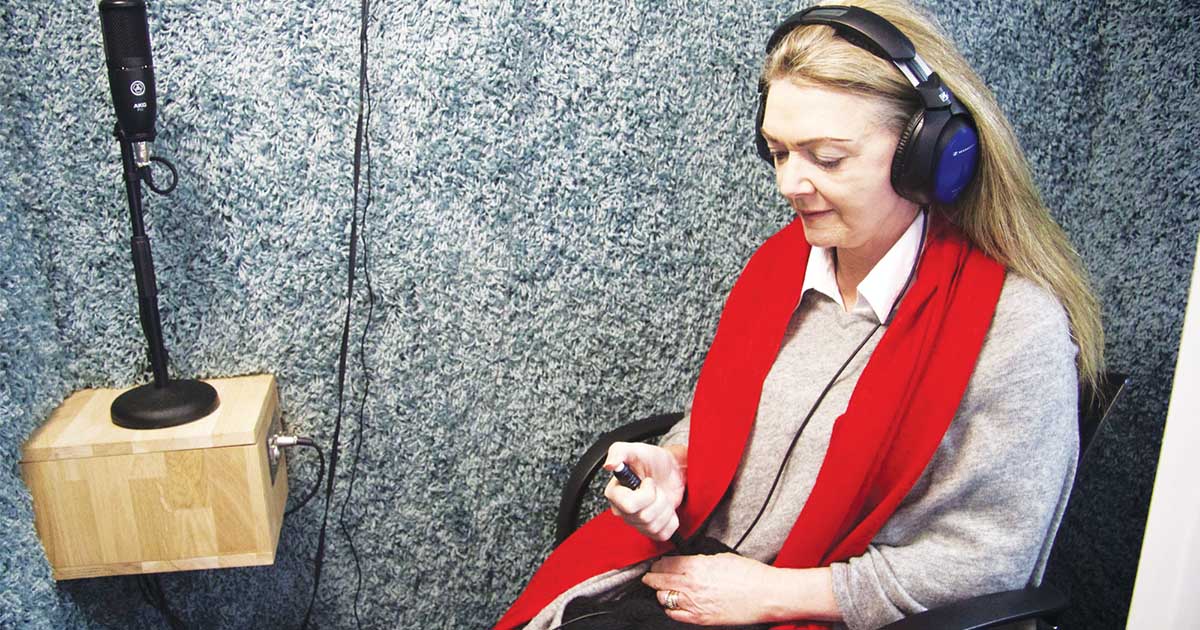When we gather with friends and family around the dinner table, at a BBQ or at the local pub for a meal and a catch-up. In those situations, many people experience they have difficulties following the conversation as everything seems to get ‘muddled up’. Why is this and what can be done?
If one struggles to hear and understand in social settings it bears the risk of ‘tuning out’ and social withdrawal may be a result. It is difficult for most people to communicate in situations with lots of surrounding noise.
The problem has multiple reasons. Human speech consists of many parts. Some parts like letters such as “M, N, L, A, O” are low in frequency but high in intensity so they carry well and have lots of power.
These parts of the speech transfer volume from a speaker to a listener and they do that very well as they have plenty of energy. Other parts of speech like sounds such as “TH, S, C, F, SH,” are essentially only pressed air through the teeth and tongue. These unvoiced sounds are very high in frequency and extremely low in energy.
The purpose of those sounds is to transfer speech clarity and help to distinguish one word from another. Often the smallest part of a word makes all the difference. For example, “Faith” and “Face” – the difference between ‘th’ and ‘ce’ is very small. In most cases our eyes ‘hear’ these sounds better by lipreading than the ears really hear them. A major problem with these highly important part of speech is that they can be masked and literally squashed by louder sounds.
Hearing screening is a quick and easy way to check your hearing.

In social settings the “cocktail-party-effect” makes the noise level increase quickly. There is a little bit of music, that makes it harder to hear – so everyone starts speaking louder and as we ‘shout’ the energy of A, E, M, N, O etc. gets so high that they overpower the important sounds for clarity.
So, in a situation with many people talking everything sounds really muffled and it’s difficult to make out the words the other person is saying. Additionally, most age or noise related hearing losses start in the higher frequency only adding to those issues.
Some people with even a mild hearing loss choose not to go to functions and meetings anymore as they cannot participate in conversations. It is very tiring for the brain to constantly strain to try hearing what is being said and the choice to withdraw is quickly made.
But it does not have to be this way. There is help available! We want our community to hear well and have fun when they are in company and not feel lonely and isolated.
If you have experienced those issues or know someone close who has, you will understand the struggle for both sides. Please call us on 02 9159 6122 to book in for a Hearing Assessment, or you can book online at www.earstudio.com.au – Once your Hearing Assessment is completed, we can then discuss next steps in your hearing rehabilitation journey.
Ear Studio (Audiology Competency Centre) located in Lawton House, Suite 9-10 / 60 Cecil Ave Castle Hill 2154. We are open Monday to Friday 9am to 5pm.




